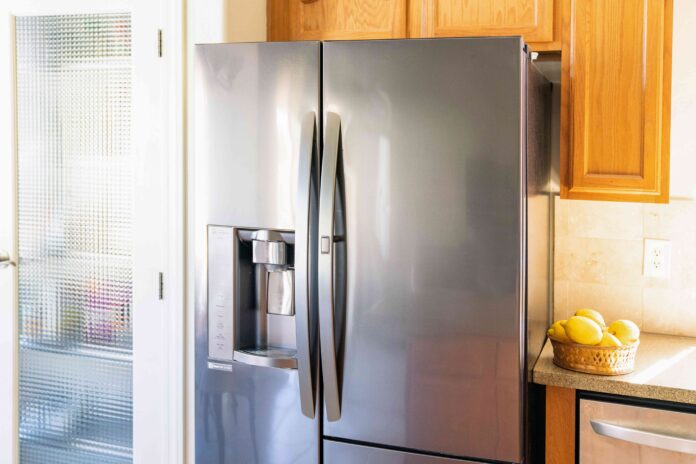Refrigerators are essential household appliances. But when they break down, it can quickly turn into a frustrating experience. Often, the issues can be identified and solved without the need for an expert. Other times, you might need professional help. In both cases, a structured approach can simplify the process of diagnosing and fixing the appliance.
Identifying the cause is the first step. Once you find the root of the problem, you can move towards resolving it. Below, we’ll go through the most common issues with refrigerators and their solutions. We will also touch upon when to call a technician.
Strange Noises
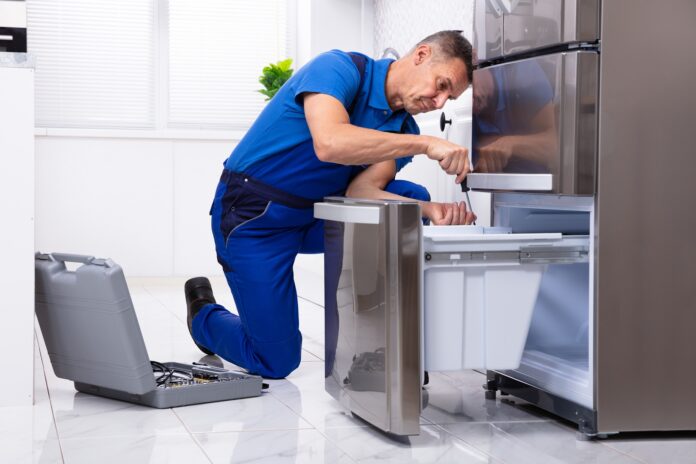
Unusual noises are often a sign that something inside the refrigerator is wrong. A consistent hum is normal. But loud, clunky sounds are a cause for concern. First, inspect the fans. Dust or debris can clog the fans, causing them to work inefficiently. You can clean the blades carefully with a cloth after turning the appliance off.
If cleaning doesn’t solve the issue, the motor could be the cause. The compressor or condenser motor may be nearing the end of its life and could need replacement. Since these are complex and costly components to fix, they require careful attention. If you’re in the Tucson area, consider reaching out to professionals for refrigerator repair in Tucson at 5 Star Appliance Repair. Their expertise ensures that major problems are resolved without unnecessary damage.
No Power or Light
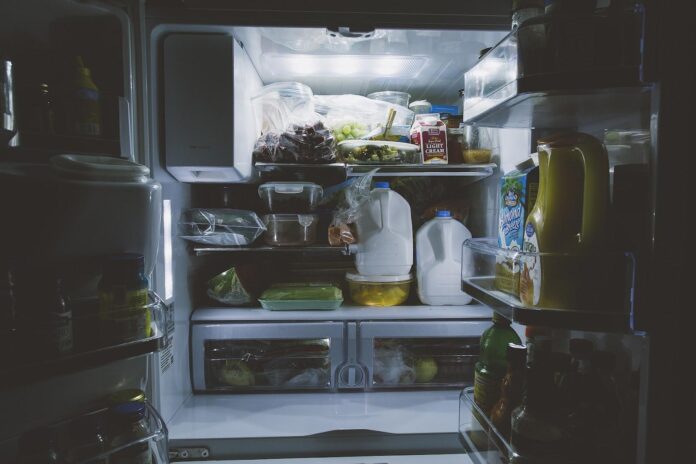
You might open your refrigerator, only to find no lights inside. This is a clear sign of an electrical issue. First, check if the refrigerator is plugged in. It may sound too simple, but loose power cords cause many issues. If the plug is secure, check the circuit breaker. Sometimes, an overload can trip the breaker. Resetting it could restore power.
If you notice no change, it’s time to inspect the outlet. Plug another appliance into the same socket to see if it works. If it doesn’t, the problem is with the outlet. Call an electrician to resolve this issue.
If the outlet works but the refrigerator doesn’t, there could be a deeper electrical fault within the appliance. A fuse or the wiring inside might be faulty. At this point, a professional will be able to diagnose and replace any faulty components.
Water Leaks
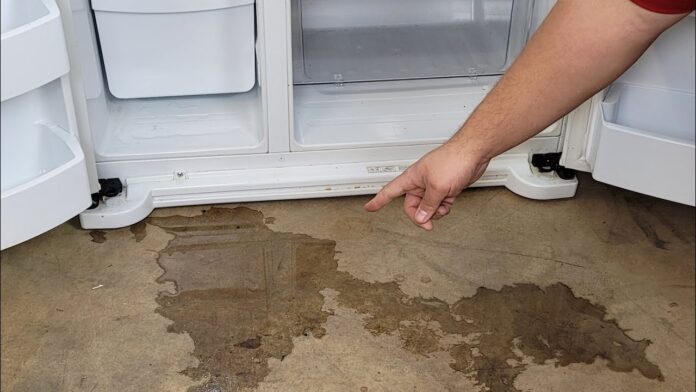
Water pooling under the refrigerator is often due to a leak. This is one of the most common signs that something is off. First, check the water supply line if your appliance has an ice maker or a water dispenser. Sometimes, the line becomes cracked or loose. Tightening the connections or replacing a broken line will solve the issue.
Another common cause is a clogged defrost drain. If this drain becomes blocked by food particles or ice, water has no place to go. The best solution here is to manually clean the drain. You can use hot water to remove the clog. If the issue persists, the problem might be within the internal valve or the drain pump, which would require a technician’s expertise.
Temperature Issues
When your refrigerator isn’t cooling properly, the issue could be small or severe. The first thing to check is the thermostat. Someone may have accidentally turned it up. Reset it to the correct temperature.
Next, make sure nothing is blocking the airflow inside the fridge. Sometimes, large food containers or packed shelves obstruct the vents, preventing air from circulating. Rearranging the items in your fridge can help with this. Also, check for dirty condenser coils. These coils are responsible for releasing heat from the fridge. If they are covered in dust, they won’t function efficiently. A simple brush and vacuum can clear the dust and allow the appliance to cool properly.
Foul Smells

A foul odor when you open your refrigerator is a red flag. First, inspect for spoiled food. Removing anything past its prime can often eliminate the smell.
If the smell persists after cleaning, there may be a blockage in the drain line. This can cause water to stagnate, leading to mold growth. A clogged drain line needs to be flushed with hot water to remove any debris.
Another possible cause is an issue with the door seals. If they are damaged, the fridge will struggle to maintain its temperature, leading to condensation and mold growth inside. Damaged seals need to be replaced to fix the problem.
Frost Buildup
Seeing a thick layer of frost in the freezer? The defrost system is likely malfunctioning. Begin by checking the defrost thermostat. If it’s faulty, the defrost cycle won’t run as intended, causing frost to accumulate. A malfunctioning defrost heater can also cause this problem.
Cleaning the coils and ensuring proper airflow will often help in minor cases. But when the entire system stops working, a professional should step in to repair or replace parts.
Door Doesn’t Seal Properly
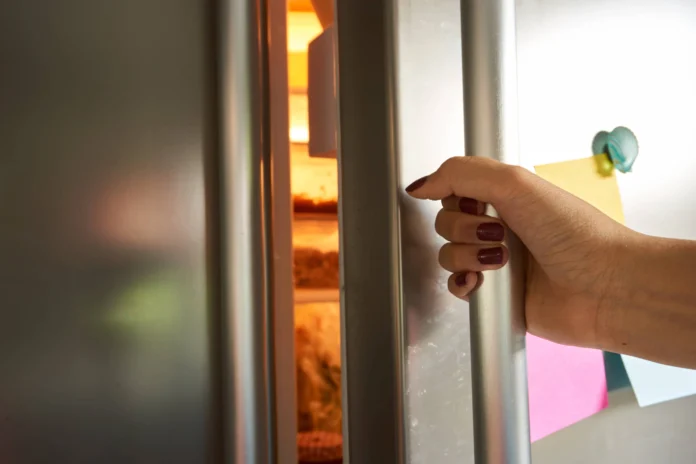
When the door to your refrigerator doesn’t close properly, the appliance will overwork itself to maintain the right temperature. First, inspect the door seals. They should be smooth and flexible. Any cracks or tears will compromise the seal.
To check if the seal is functioning, place a piece of paper in the door and close it. Try pulling the paper out. If it slides out easily, the seal isn’t tight. You will need to replace the seal to restore the fridge’s efficiency. This is a simple repair that you can often do yourself with a replacement seal kit.
When to Call a Professional
Some problems can be fixed at home with simple tools and patience. But larger issues like a failing compressor, significant electrical faults, or coolant leaks require expert attention. If you notice frequent issues despite regular maintenance, consider consulting a professional to avoid further damage. Complex repairs can become costly and more challenging if not addressed quickly. Working with high-voltage components can be dangerous without proper expertise.
Conclusion
Refrigerators, though reliable, will eventually run into issues. But by knowing how to diagnose and resolve common problems, you can save time and money. For more complex repairs, always call a professional to avoid the risk of injury or further damage to your appliance. Whether it’s something as simple as a dirty coil or as complex as a compressor failure, taking a methodical approach ensures your fridge remains in top shape for years.

